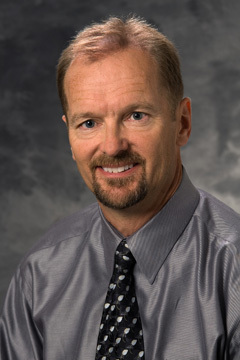Orthopedic Surgeon Received $19 Million From Medical Device Company
by
Joan Trombetti, Writer | January 20, 2009

Dr. Thomas Zdeblick
A University of Wisconsin (UW) Hospital orthopedic surgeon, Dr. Thomas Zdeblick, received $19 million from a medical device company over five years.
Six of Zdeblick's devices owned by Medtronic helped him earn $2.6 million to $4.6 million a year from the company from 2003 to 2007, according to Senator Chuck Grassley, who obtained the information from the Minnesota-based company. It was also reported that some of the money came from consulting for Medtronic.
Zdeblick said he that there is no incentive for colleagues at UW to use his devices on patients because he accepts no royalties from Medtronic. He also stated that he gives patients a form explaining that he does consulting work and product design. He said that the conflict comes over whether he receives $20,000 or $2 million a year from a company, and managing that conflict is more important than the amount of money.
But he said he understands why the public wants doctor-business relationships to be more transparent. He reiterated that if people think that stating an exact amount is important, then he is okay with that.
A faculty committee at UW is now looking at banning or limiting consulting, speeches and certain kinds of research for drug companies, as well as limiting the total amount of industry income each year, according to Dr. James Stein, chairman of the committee. Golden added that the health sciences schools on campus also should ban "marketing talks," or speeches written and paid for by drug companies.
Sen. Grassley's letter to UW System President Kevin Reilly stated that the Senator was concerned that Wisconsin's reporting requirements do not go far enough to fully capture a physician's potential conflict of interest.
Zdeblick's devices owned by Medtronic include the Z Plate, which can replace a broken segment of spine and allow people who are partially paralyzed to walk, and the Novus LT Cage, allows surgeons to fuse bones in the lower spine better than traditional surgery, he said. Zdeblick doesn't feel that getting paid well for ideas that change the face of orthopedics is wrong.
